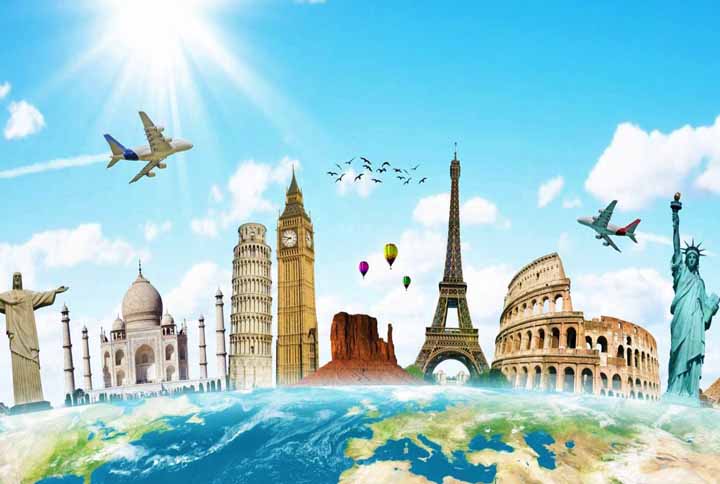8 Strangest Items Banned Abroad
Travellers have been warned to think twice when packing their bags after researchers named some of the more unusual items banned around the world.
Baby walkers and chewing gum were just two of the items which some nations won’t allow to cross their borders, experts at MyBaggage.com have revealed.
They warned all travellers to research what is and isn’t allowed into their destination country and said failure to comply could result in serious legal action overseas.
Unusual banned items include baby walkers in Canada and certain masks in Saudi Arabia, due to the popularity of a particular Hollywood blockbuster.

Here is the MyBaggage.com list of strangest items banned across the world:
1. Baby Walkers
Due to health concerns, baby walkers in Canada are banned from being sold or imported. If found guilty of advertising or attempting to purchase the item, it could lead to a $100,000 fine or a six months jail sentence. Researchers in Canada claimed that baby walkers endanger children and delay both motor and mental development. After 15 years of retailers voluntarily refusing to sell the item, a bill was passed in 2004.
2. Gum
Since 1992 chewing gum has been banned from being consumed or bought into Singapore. This was due to a previous prime minister noticing how much money was spent on cleaning gum off the streets and issuing a crackdown on cleanliness. Nowadays gum is still prohibited unless for a medical necessity (for which documentation must be provided). Streets and monuments are no longer paved with gum and if found on a person can result in a substantial fine, alongside being named and shamed by the local government.
3. Masks
Seven years after the popular movie V for Vendetta was released, the Minister of Interior for Saudi Arabia banned the selling and importing of Guy Fawkes masks made popular by the film. This was under the premise that the film ‘installs a culture of violence and extremism’ in young people. The government later went on to destroy the masks already in country.
4. Haggis
Patriotic Scots will be disappointed to know that traditional haggis has been banned from entering the US for over 44 years. The US department of Agriculture banned the import of British lamb following the outbreak of mad cow disease. Many retailers have opted to replace the core ingredient of sheep lung to break into the American market.
5. Wheelbarrows
Nigeria has placed restrictions on many imports including wheelbarrows, much to the dismay of many green fingered travellers. The bill was placed in order to encourage a thriving domestic economy. However, you can purchase wheelbarrows once in the country from a local merchant.
6. Japanese shaving brushes
Due to a contamination scandal in the early 1900s, Saint Lucia has banned all imports of shaving brushes produced in Japan due to incidents involving anthrax which lead to serious health problems. The ban has never been lifted in Sant Lucia even with assurances from Japan of safe products.
7. Vicks inhalers
Due to Japan’s extremely strict anti-stimulant drug laws, any drugs containing pseudoephedrine such as Vicks inhalers are banned from the country. The popular decongestant could land a suffering Brit in prison if not careful. Instead substitute Vicks for essential oils as a natural DIY alternative.
8. Honey
Zimbabwean honey is famous around the globe especially in Europe known for its high quality often referred to ‘liquid gold’. The country has now banned any imports of honey from abroad due to the fear of low quality ‘fake’ honey flooding the market as it has abroad. However, Zimbabwe has been criticised to not taking full advantage of the export potential only making just enough to satisfy domestic needs, missing out on the European market.
